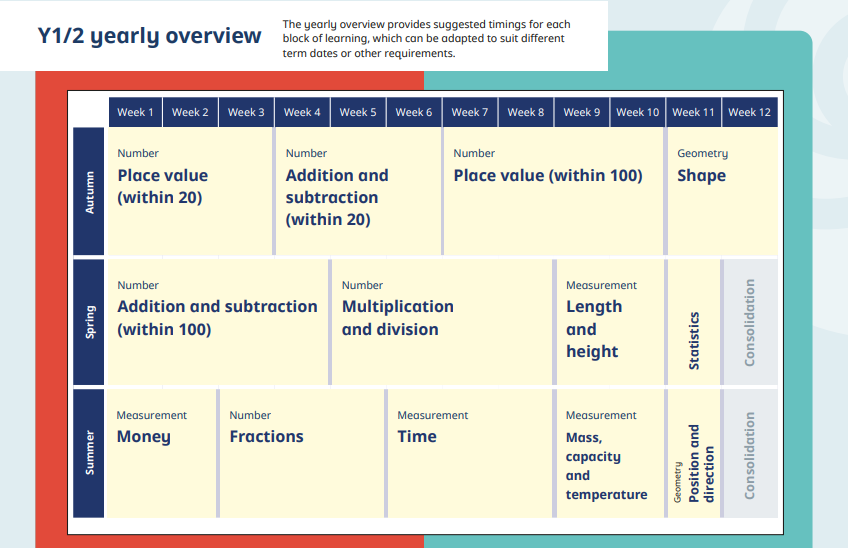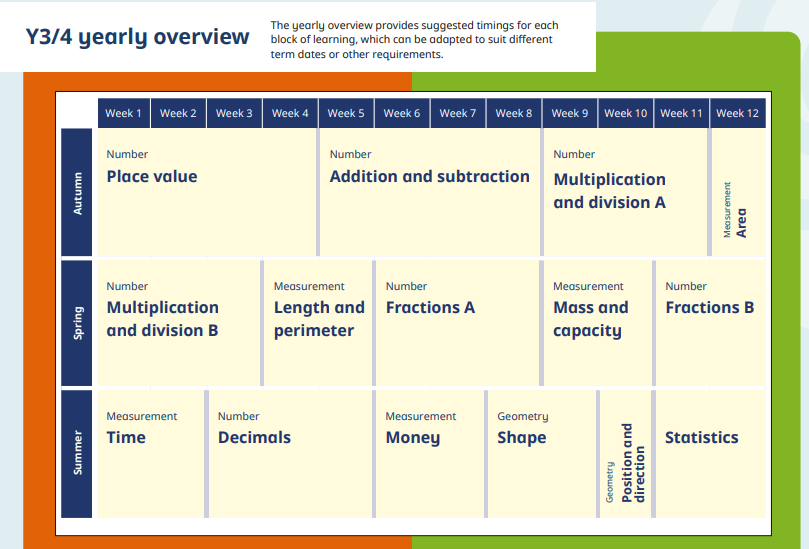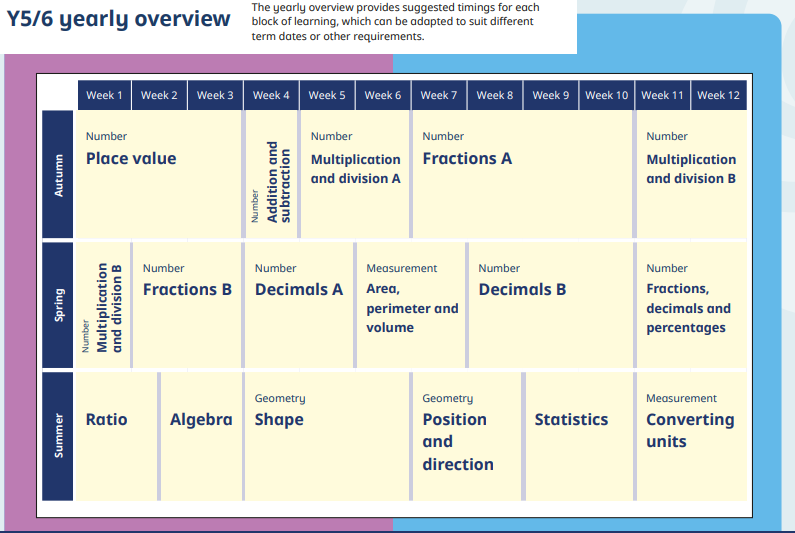We deliver much of our curriculum along topic themes which link units of work from our Science, Geography and History subject areas. These are outlined in our long term maps. This is complemented by the following schemes in other subject areas:
Computing
The school subscribe to Purple Mash which is a single platform with a comprehensive Scheme of Work and built in access to appropriate programs a tools for its delivery. Purple Mash can be accessed by pupils at home and provides opportunities for learning tasks in a broad range of curriculum areas.
Purple Mash | Computing, Maths, English and more - 2simple.com
Music
The school subscribe to Charanga which provides a comprehensive Scheme of Work for music across all year groups. Children create a variety of tasks linked to a range of genres of music. Activities include Listening and Appraising, Creating and Exploring and Singing and Performing.
Art and Design
Our Art curriculum is support by Kapow, which provides resources to support pupils with;
- Making: painting, drawing, printing, creating 2 & 3D art and crafting
- Generating ideas and taking inspiration from a range of artists and crafts people
- Formal elements: colour, form, line, pattern, shape, texture and tone
- Knowledge of artists' work and techniques
- Evaluating: critiquing their own work and that of others
Design and Technology
We are members of the Design and Technology Association and as such, benefit from expert advice and guidance in a progressive Scheme of Work that supports the development of pupil skills. Over the course of their time in the school pupils undertake a wide range of exciting design projects.
Languages
In Key Stage 2 pupil are introduced to the French language. Lessons focus on developing pupil skills in:
- Speaking and listening
- Reading
- Writing
- Grammar
- Language learning strategies
- Intercultural understanding
Physical Education
Our PE curriculum uses the real PE schemes of work which seeks to “support EVERY child to develop the physical literacy, emotional and thinking skills to achieve in PE, Sport and life.” Our membership to Northamptonshire Sport School Sport Partnership also means we have multiple opportunities throughout the year to participate in inter-school activities and games, as well as having teaching programmes delivered in school by professional sports coaches.
Personal, Social and Health Education (PSHE)
Our PSHE curriculum is delivered through the HeartSmart scheme. HeartSmart offers a creative approach to delivering the PSHE Curriculum that primary schools use to build character, emotional health and resilience in children. It equips pupils with foundational principles, skills, habits and a mindset that will improve their mental health, relationships and academic achievement.
If you would like any further information on our curriculum, please feel free to contact us.
Achievements
As a Church of England Primary School, we have a strong emphasis on Christian teachings in our Religious Education curriculum. We deliver much of these through Understanding Christianity, a scheme which endeavours to “explore the significant theological concepts within Christianity as part of developing pupils wider religious, theological and cultural literacy”. Whilst we dedicate around 50% of our Religious Education teaching time to Christianity, we also spend considerable time exploring other faiths, cultures and religions. This includes Judaism, Hinduism, Sikhism and Islam as well as exploring elements of humanism.
| Title | Download |
|---|---|
| pdf Religious Education Policy Sywell - January 2022 | Download |
The National Curriculum for Mathematics has 3 core aims:
- Fluency
- Reasoning
- Problem Solving
We believe that children learn best in maths when concepts are broken down in to small, manageable steps. We teach using a method that first uses concrete resources to demonstrate a concept, followed by pictorial representations and finally in a more abstract way. This is known as the CPA approach. The school use the White Rose Maths Hub Scheme of Work in order to achieve this.
Our Calculation Policies set out for each year group, demonstrate the concrete, pictorial and abstract methods we teach for each of the four calculations.
Supporting Maths at home
KIRFs: At Sywell, we have designed some Key Instant Recall Facts (KIRFs) which will support the development of the mental skills and key knowledge that underpin much of the maths work in our Maths curriculum.
The KIRFs are designed to be a set of facts that need to be learnt thoroughly as they build on each other year-on-year. Children should aim to know their KIRFs inside out, back to front and with instant recall. We know that by learning these key facts, children will leave school with a much stronger foundation of mathematical understanding to build upon.
Each term, children will focus on certain Key Instant Recall Facts (KIRFs) that will be taught in school but also need to be practised at home as well. These are sent home with the children every term. Our Maths leader holds a parent KIRFs workshop for EYFS/ KS1 and KS2 twice a year, where parents are invited into school to support children with KIRF activities that their class teacher has organised.
We are asking you to engage with your children in the learning of their KIRFs and make it as fun and practical as you can. We have tried to make each KIRF clear and understandable and there are examples of the key language and questions that can be asked of children. ‘Short and often’ is the best approach. Come and talk to our Maths Lead: Emma De Meo or your child’s teacher if you would like any advice or ideas about how to support KIRF learning.
Supporting Activities and Games:
Free website: Hit the Button https://www.topmarks.co.uk/maths-games/hit-the-button
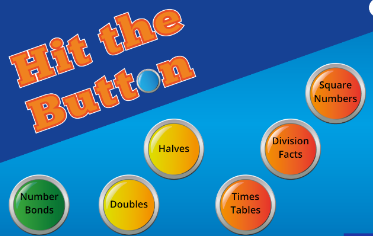
Numbots: https://numbots.com/ KS1 children have logins for this
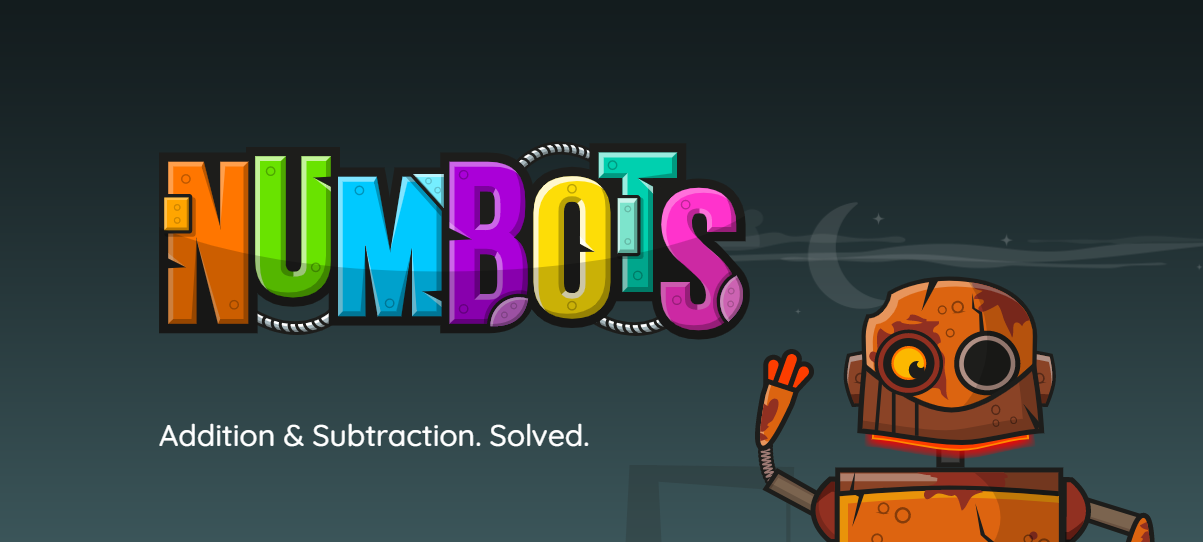
Times Table Rockstars:
https://ttrockstars.com/ KS1 and KS2 children have logins for this.
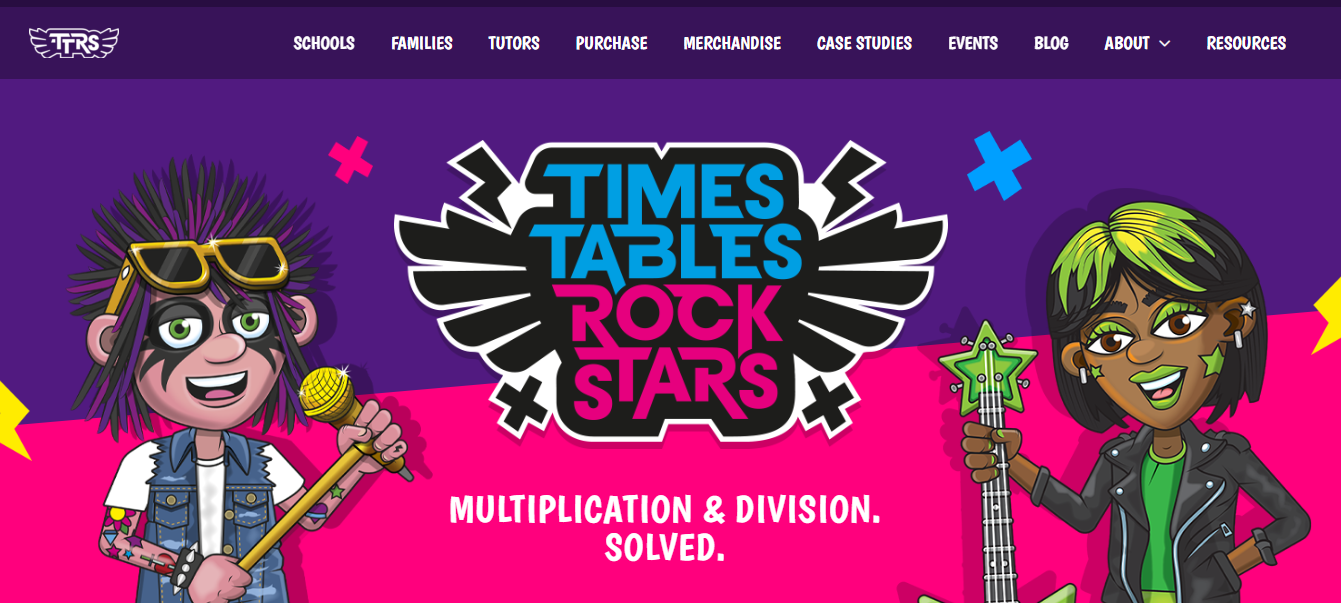
White Rose Maths: https://whiterosemaths.com/1-minute-maths
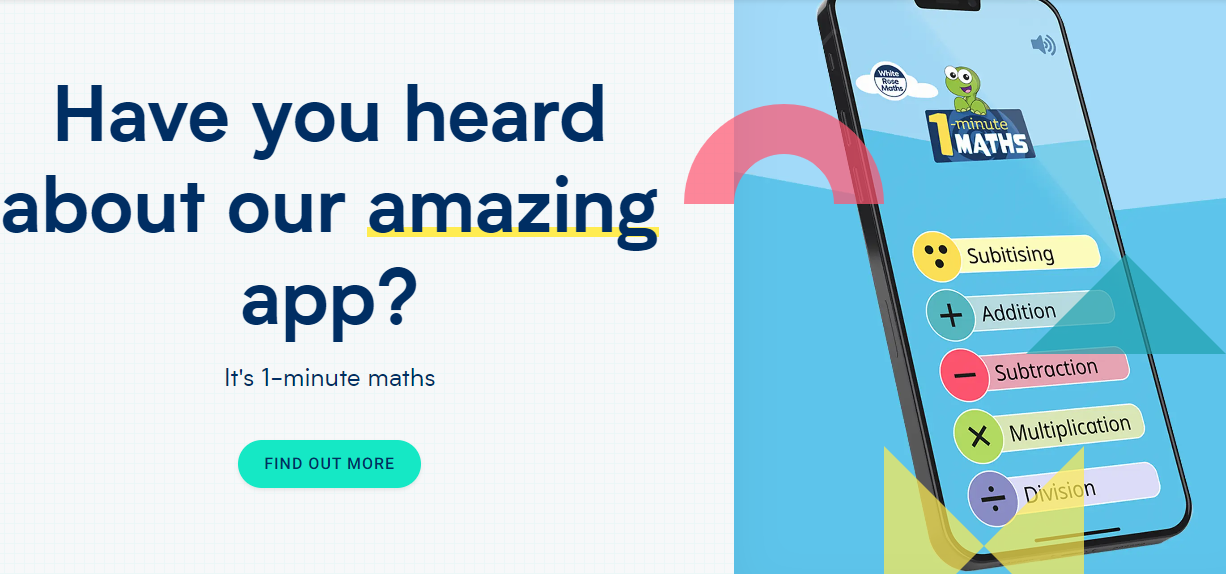
CBeebies Numberblocks for EYFS and KS1: https://www.bbc.co.uk/cbeebies/shows/numberblocks?scrlybrkr=249dfc29
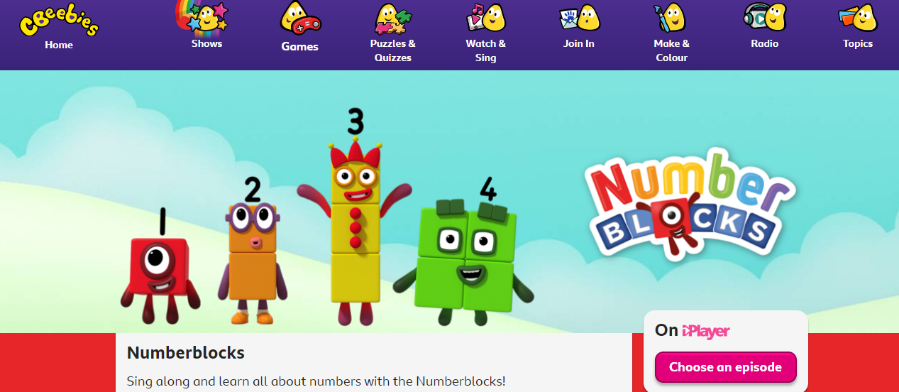
EYFS – Early Number Sense
Why do we spend so much time on numbers 0-10?
This is an excellent video that explains why we focus so much on making sense of numbers and how this helps to build firm mathematical foundations in their first year of school. It explains in more detail, some skills that we teach in Reception such as: subitising and The Five Principles of Counting.
https://www.youtube.com/watch?app=desktop&v=2Ow8vEmh8lA&fbclid=IwAR3hb8bY9P4-tzh2jVE2bz_er5gECXbUvMVsn-HYLrGcKeoaeiRmUr3nshg
The Five Principles of Counting:
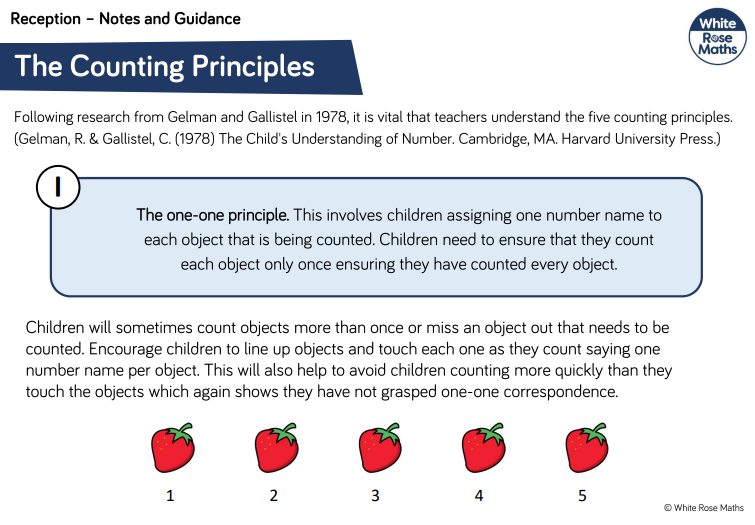
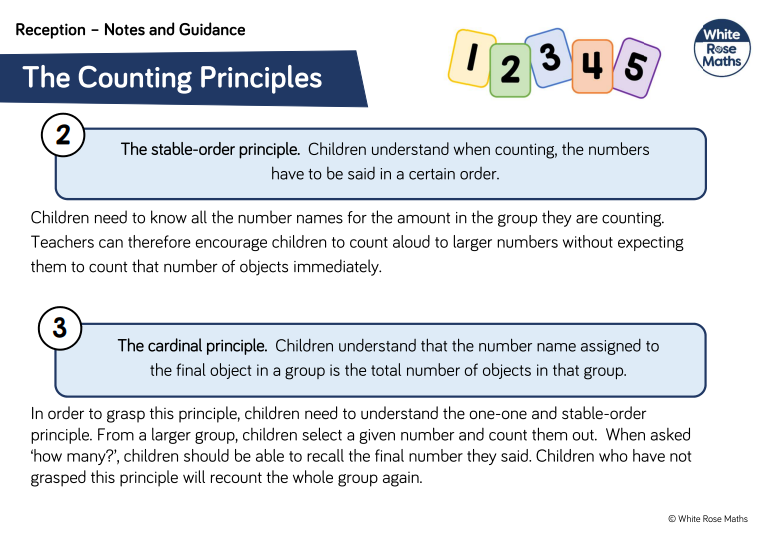
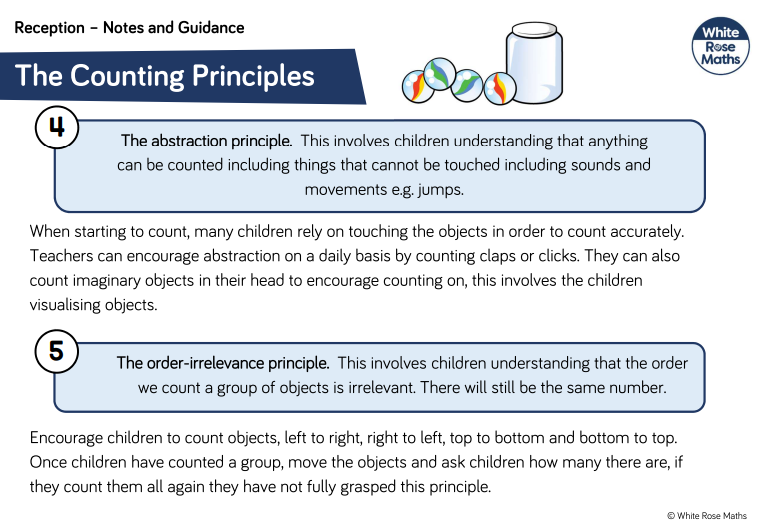
Yearly Overviews Classes 2-4
KIRFS Maths Autumn & Spring Files
At Sywell CE Primary School, we recognise that English skills underpin all elements of the curriculum and are essential life-skills. Considering the fundamental importance of speaking, listening, reading and writing in everyday life, we are dedicated to enabling our children to become successful and accomplished in these key elements.
Phonics
We use the Read, Write, Inc. systematic synthetic phonics programme at our school. This scheme focuses on enabling children to decode the representation of letters (graphemes) into a sound (phoneme), and how to blend sounds together to make words and meaning. Further information can be found here:
RWI Information for Parents: https://www.ruthmiskin.com/parents/
Please also see the attached document at the bottom of this page for further information about how we teach phonics to your child as well as information on how best to support at home. Throughout the year, we will host parent workshops and send out information about this too, so please look out for these.
How to say the sounds:
Reading
At Sywell Church of England Primary School, we are committed to instilling a love of reading in each and every one of our children which they carry with them through their time at our school, as well as into their future lives. Through the combination of teaching the required skills to read within a familiar and positive reading environment, we believe it will establish lifelong, confident readers. We encourage all of our children to be resilient in their journey of becoming a reader and understand all of the skills involved in this progressive process. We are committed to exposing children to a range of authors and text types which they can enjoy and learn more about the world from as they progress through the school.
Reading underpins the curriculum at Sywell CE Primary School and opportunities to utilise texts and reading strategies are applied across all subjects. Teachers carefully plan sequences of lessons that are based on quality texts to enable pupils to develop skills and strategies such as to predict, ask questions, skim, scan, use prior knowledge and make connections.
Reading at home
The school expectation is that children should be reading 3-5 times a week at home. Please sign your child(ren)’s Reading Record to show when they have read at home with you and make any comments about how they got on.
Classes 1 and 2 –
The children’s predominant reading book will be their Read, Write Inc. book which they will have read in school the week before within their Phonics sessions. As your child should be able to read this book fluently, please prioritise reading this book before reading others. Your child should practise reading the speed sounds, speedy green words, story green words and red words that are in the front and back of this book as well as reading the text itself. In addition to their Read, Write Inc. book, children will also select one or two supplementary books for the week from the class reading basket. These additional books will be chosen by your child and may not be matched to their reading ability, so you may find that extra support may be required to help them access this book.
Classes 3 and 4 –
Children in Classes 3 and 4 will come home with two or three reading books. One of these may be a Collins Big Cats reading scheme book which has been chosen for them from the banded reading scheme. As this book will be matched to your child’s reading ability, please prioritise reading this book before others. Children who have completed the Collins Big Cats scheme and are ‘free readers’ will not be issued with one of these books. Also, children will be able to choose a book that they would like to read from the school library. Our library is stocked with an amazing range of literature – there is definitely something in there for everyone! These are the books that the children can read to complete the ‘Genre Reading Badge Challenge’. In addition to this, children will select a book from the class reading basket. As stated above, please prioritise reading the Collins Big Cats books (if applicable) at home before reading the library book or class reading basket book. Children will have opportunities in school such as library time and morning registration to read their books.
We also have a ‘Reading Spine’ at Sywell, please see the attached document at the bottom of this page for more information about what this is and what texts feature on it!
Writing
Sentence Stacking is the approach adopted from Years 1 – 6 for teaching the skills of writing. This is integrated into the EYFS curriculum in the Summer Term in Reception. Each individual lesson is based on a sentence model, broken in to 3 learning chunks. Each learning chunk has three sections:
Initiate: a stimulus to capture the children’s imagination and set up a sentence.
Model: the teacher closely models a sentence that outlines clear writing features and techniques.
Enable: the children write their sentence, following the model.
Children are challenged to ‘Deepen the Moment’ which requires them to independently draw upon previously learnt skills and apply them to their writing during that chunk.
The approach promotes three essential components to support children in becoming great writers. These are known as the three zones of writing:
IDEAS: The FANTASTICs uses a child friendly acronym to represent the nine idea lenses through which children can craft their ideas.
TOOLS: The GRAMMARISTICs. The grammar rules of our language system and an accessible way to target weaknesses in pupils grammatical and linguistic structures.
TECHNIQUES: The BOOMTASTICs which helps children capture 10 ways of adding drama and poetic devices to writing in a vivid visual.
Spelling
Spellings are taught weekly in Years 1 – 6, in Key Stage 1 this is delivered through phonics teaching. In Year 2 and Key Stage 2, teachers use the RWI Get Spelling! programme to deliver sequential sessions which practise and embed skills important for learning spelling rules and patterns. Children are given spellings to learn each week at home.
Working Together in God’s Hands
Here at Sywell CE Primary School we pride ourselves on the breadth and variation within our curriculum. Following the National Curriculum for Years 1-6 and the Early Years Foundation Stage Curriculum for our Reception class, we have developed a comprehensive and progressive programme of study for our children. This is enriched by the school’s clear focus on community and the embedding of Christian values in all our teaching. Our full Curriculum Intent Statement can be downloaded from this page.
As a school that we consider a community hub for our parents and the local area, we reflect this in our curriculum, which is underpinned by a strong Christian vision. We endeavour to maintain this through:
- continuing to diversify the tools by which we deliver our curriculum with the new and exciting development of a Forest School Curriculum
- supporting the development of relationships between the school, the parents and the local community
- providing the children with rich experiences and opportunities to both support and consolidate their learning.
Information about the current content being studied in each class can be found on the class pages. If you require any further information about our curriculum, please contact us.

